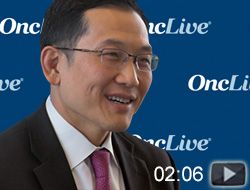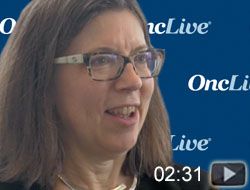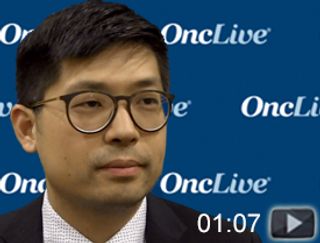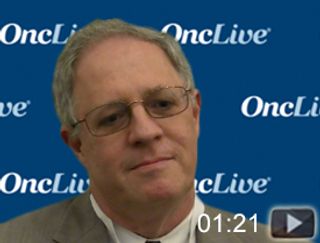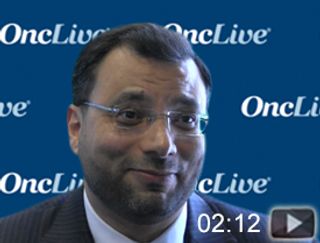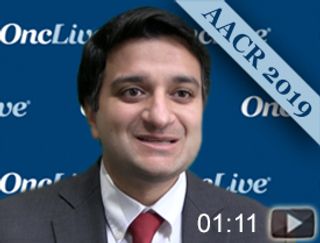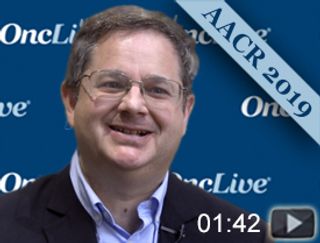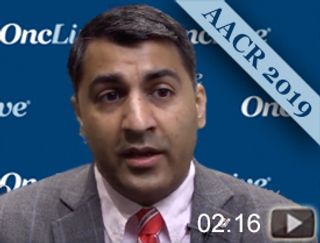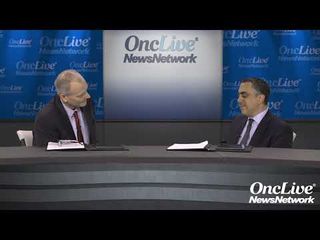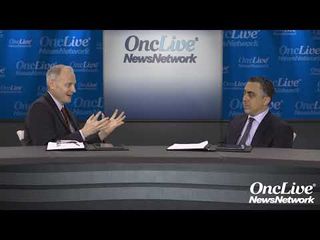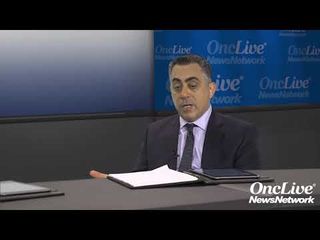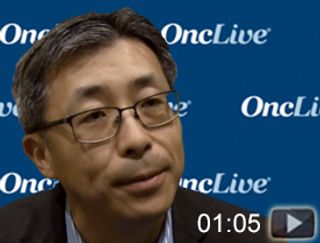
Gastrointestinal Cancer
Latest News
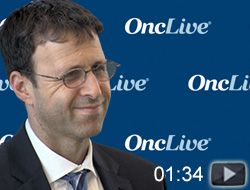
Latest Videos

CME Content
More News
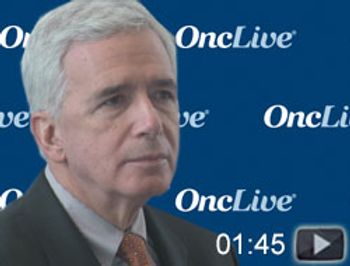
Mark S. Talamonti, MD, clinical professor, NorthShore University HealthSystem, discusses some of the challenges facing minimally invasive surgery for patients with pancreatic cancer.
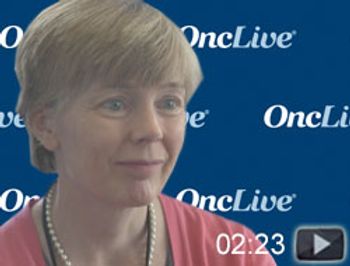
Eileen O’Reilly, MD, associate director for clinical research at Memorial Sloan Kettering Cancer Center, discusses tarextumab combinations for patients with pancreatic cancer.

Frontline treatment with lenvatinib was shown to be noninferior to standard therapy with sorafenib in patients with unresectable hepatocellular carcinoma.
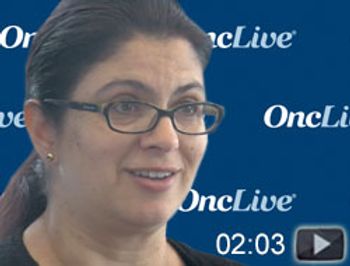
Gabriela Chiorean, MD, associate professor of Medicine at the University of Washington, discusses adverse events of the phase I study of combination therapies for patients with pancreatic cancer.
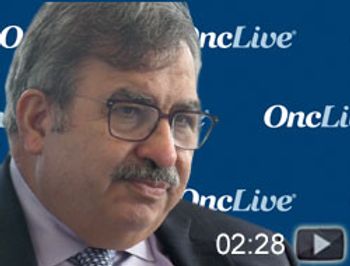
Philip A. Philip, MD, PhD, FRCP, professor of Medicine at Wayne State University School of Medicine, clinical professor of Oncology at Barbara Ann Karmanos Cancer Institute, discusses drug developments for patients with pancreatic cancer.
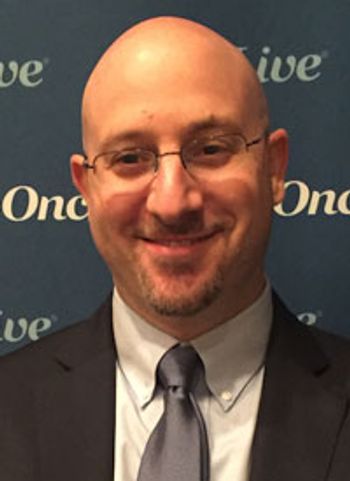
Jonathan Strosberg, MD, medical oncologist, Department of Gastrointestinal Oncology, section head, Neuroendocrine Division, chair, Gastrointestinal Department Research Program, Moffitt Cancer Center, discusses quality of life in patients with midgut neuroendocrine tumors (NETs).
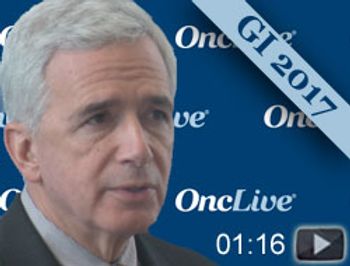
Mark S. Talamonti, MD, clinical professor, NorthShore University HealthSystem, discusses some of the recent surgical advancements in pancreatic cancer.

Christophe Mariette, MD, PhD, surgical oncologist, professor of Surgery, University Hospital of Lille, discusses the results of a study investigating postoperative mortality after patients undergo surgery for esophageal and gastric cancer.

Adding vemurafenib to the routinely employed combination of irinotecan and cetuximab prolonged progression-free survival in patients with BRAF-mutant metastatic colorectal cancer.
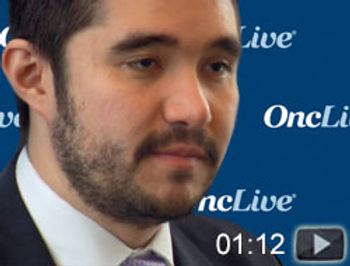
Arturo Loaiza-Bonilla, MD, medical oncologist, specialized in gastrointestinal malignancies, assistant professor of Clinical Medicine at the University of Pennsylvania, discusses findings of patients with right- versus left-sided tumors of colorectal cancer (CRC).

The promising antitumor activity of nivolumab in patients with microsatellite instability-high metastatic colorectal cancer was sustained in an update of the phase II CheckMate-142 trial.
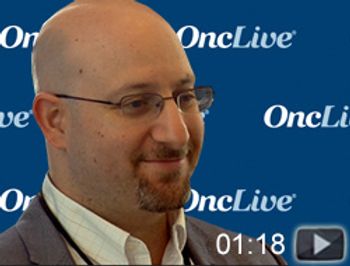
Jonathan R. Strosberg, MD, associate professor, Moffitt Cancer Center, discusses the future of using 177Lu-dotatate therapy to treat patients with neuroendocrine tumors.
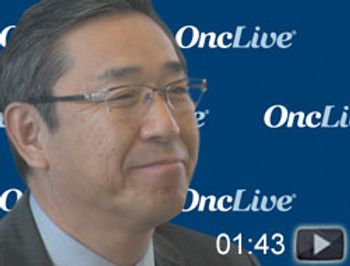
Masanori Terashima, MD, PhD, FACS, chairman of the Japanese Clinical Oncology Group, discusses bursectomy for patients with subserosal and serosal gastric cancer.

Patients with advanced colorectal cancer had a modest gain in progression-free survival with the addition of irinotecan to standard chemotherapy plus an angiogenesis inhibitor as induction therapy, a randomized trial showed.
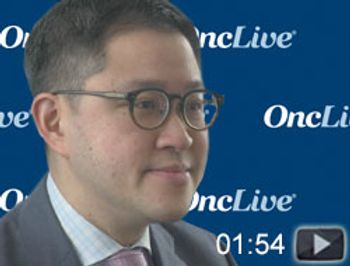
Geoffrey Y. Ku, MD, medical oncologist at Memorial Sloan Kettering Cancer Center, discusses combinations of treatments for patients with gastric and esophageal cancers.
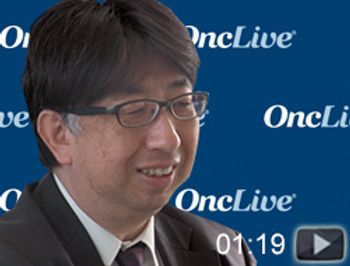
Kei Muro, MD, Aichi Cancer Center Hospital, discusses the results of the PaFF-K study in metastatic colorectal cancer.
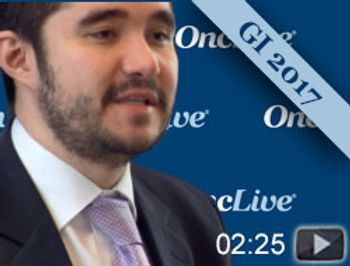
Arturo Loaiza-Bonilla, MD, medical oncologist, the University of Pennsylvania, discusses a study investigating differences in mutation rates between right- and left-sided colorectal cancer.

In a single-arm phase II study, cabozantinib demonstrated clinical activity in patients with advanced carcinoid and pancreatic neuroendocrine tumors.

Ghassan K. Abou-Alfa, MD, medical oncologist, Memorial Sloan Kettering Cancer Center, discusses ongoing studies investigating immunotherapy in hepatocellular carcinoma.

Patients in all age groups derived a survival benefit from treatment of advanced gastric or gastroesophageal juncture cancer with the monoclonal antibody ramucirumab, an analysis of 2 randomized trials showed.

Patients with advanced hepatocellular carcinoma had a worse survival following progression if they developed new extrahepatic lesions as opposed to other types of progression, supporting the concept of post-progression survival and the influence of different patterns of progression, according to an analysis of the phase III RESORCE trial.

Ian Chau, MD, consultant medical oncologist, Royal Marsden Hospital, discusses interim safety and clinical activity results in patients with advanced gastric or gastroesophageal junction adenocarcinoma from a multi-cohort phase I study of ramucirumab plus pembrolizumab.
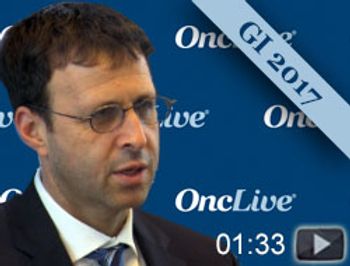
Richard Finn, MD, associate professor of medicine at the UCLA David Geffen School of Medicine, discusses the promise of regorafenib (Stivarga) for the treatment of hepatocellular carcinoma (HCC), as seen in the phase III RESORCE trial.
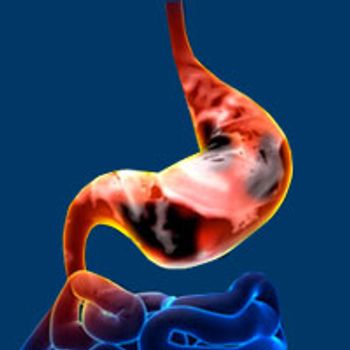
Results from a retrospective multicenter study suggest that continuing trastuzumab beyond progression may improve survival in patients with HER2-positive advanced gastric or gastroesophageal junction adenocarcinoma who progress on first-line trastuzumab plus platinum-based chemotherapy.
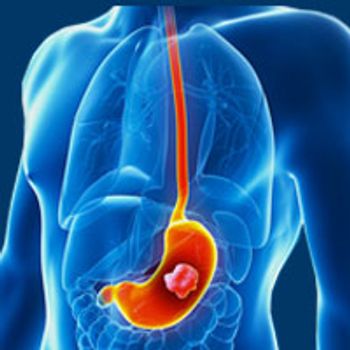
Surgical palliation in patients treated for malignant gastric outlet obstruction maintains quality of life and improves solid food intake for at least 3 months after surgery.




